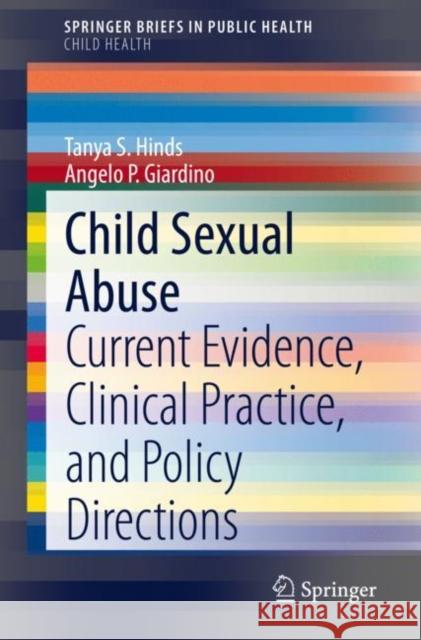Child Sexual Abuse: Current Evidence, Clinical Practice, and Policy Directions » książka
topmenu
Child Sexual Abuse: Current Evidence, Clinical Practice, and Policy Directions
ISBN-13: 9783030525484 / Angielski / Miękka / 2020 / 122 str.
Kategorie BISAC:
Wydawca:
Springer
Język:
Angielski
ISBN-13:
9783030525484
Rok wydania:
2020
Wydanie:
2020
Ilość stron:
122
Waga:
0.21 kg
Wymiary:
23.39 x 15.6 x 0.76
Oprawa:
Miękka
Wolumenów:
01
Dodatkowe informacje:
Wydanie ilustrowane











